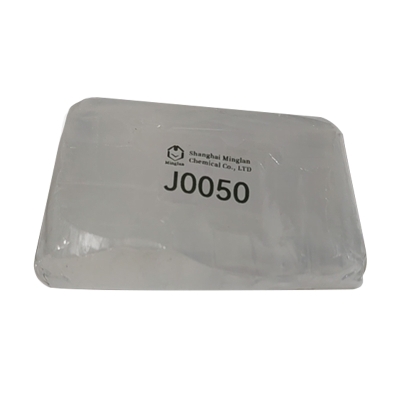-
Categories
-
Pharmaceutical Intermediates
-
Active Pharmaceutical Ingredients
-
Food Additives
- Industrial Coatings
- Agrochemicals
- Dyes and Pigments
- Surfactant
- Flavors and Fragrances
- Chemical Reagents
- Catalyst and Auxiliary
- Natural Products
- Inorganic Chemistry
-
Organic Chemistry
-
Biochemical Engineering
- Analytical Chemistry
-
Cosmetic Ingredient
- Water Treatment Chemical
-
Pharmaceutical Intermediates
Promotion
ECHEMI Mall
Wholesale
Weekly Price
Exhibition
News
-
Trade Service
According to World Energy on November 23: Oil prices fell on Monday as concerns about oversupply and weak demand were raised by an increase in coronavirus cases in Europe and the possible release of oil reserves in Japan
.
At 11:57 GMT, Brent crude fell 56 cents, or 0.
7%, to $78.
33 a barrel; U.
S.
West Texas Intermediate crude fell 54 cents, or 0.
7 percent
, to $75.
40 a barrel.
Tamas Varga, an oil analyst at London-based brokerage PVM Oil Associates, said the prospect of lockdowns in European countries had raised concerns about
the economy and growing oil demand.
Varga added that investors sought safe-haven assets such as the U.
S.
dollar at the beginning of the session, causing oil prices to fall
sharply.
The dollar traded near a 16-month high against the euro on Monday, making dollar-denominated crude more expensive
for buyers holding other currencies.
Meanwhile, the prospect of releasing oil from the Strategic Petroleum Reserve (SPR) maintained oil pressure and kept Brent prices below
the important $80 psychological mark.
Japanese Prime Minister Fumio Kishida said on Saturday he was ready
to deal with a spike in oil prices after the United States demanded the release of oil from its emergency reserves.
Fereidun Fesharaki, chairman of consulting firm Facts Global Energy, said: "Gasoline prices are close to $4 a gallon, which is a time
when U.
S.
politicians are very nervous.
"
But any SPR release will only have a brief impact of two to three weeks, after which everything will go back to the way it was, he added
.
Citi analysts said in a Nov.
19 report that the total SPR released could be 100 million to 120 million barrels, or even higher
.
The bank estimates that this includes 45 million to 60 million barrels from the United States, 5 million barrels from India, and 10 million barrels each from Japan and South Korea
.







